Methodology of the DCCSS later fatigue study: a model to
Por um escritor misterioso
Last updated 23 fevereiro 2025
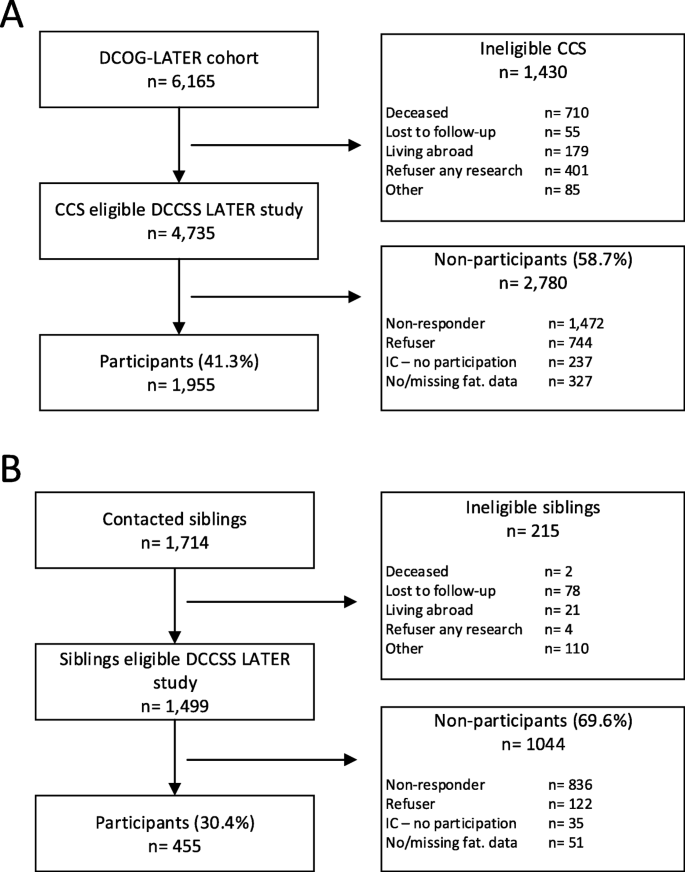
Background A debilitating late effect for childhood cancer survivors (CCS) is cancer-related fatigue (CRF). Little is known about the prevalence and risk factors of fatigue in this population. Here we describe the methodology of the Dutch Childhood Cancer Survivor Late Effect Study on fatigue (DCCSS LATER fatigue study). The aim of the DCCSS LATER fatigue study is to examine the prevalence of and factors associated with CRF, proposing a model which discerns predisposing, triggering, maintaining and moderating factors. Triggering factors are related to the cancer diagnosis and treatment during childhood and are thought to trigger fatigue symptoms. Maintaining factors are daily life- and psychosocial factors which may perpetuate fatigue once triggered. Moderating factors might influence the way fatigue symptoms express in individuals. Predisposing factors already existed before the diagnosis, such as genetic factors, and are thought to increase the vulnerability to develop fatigue. Methodology of the participant inclusion, data collection and planned analyses of the DCCSS LATER fatigue study are presented. Results Data of 1955 CCS and 455 siblings was collected. Analysis of the data is planned and we aim to start reporting the first results in 2022. Conclusion The DCCSS LATER fatigue study will provide information on the epidemiology of CRF and investigate the role of a broad range of associated factors in CCS. Insight in associated factors for fatigue in survivors experiencing severe and persistent fatigue may help identify individuals at risk for developing CRF and may aid in the development of interventions.

PDF) Reliability and Validity of Turkish Versions of the Child
Assessing fatigue in childhood cancer survivors
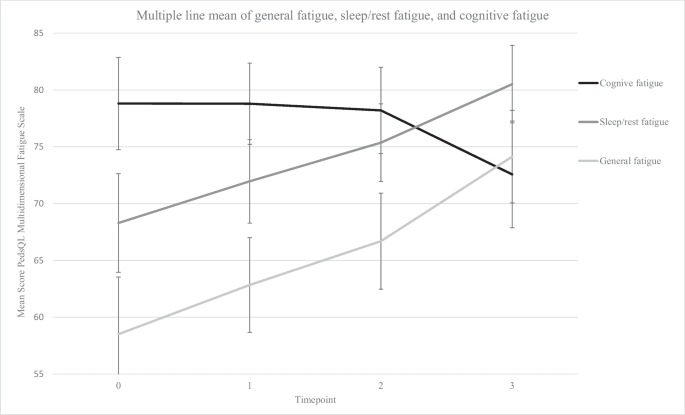
Fatigue trajectories during pediatric ALL therapy are associated

PDF) Questionnaire- and linkage-based outcomes in Dutch childhood

Sample composition flowchart. LAE = late adverse effects, VER

PDF) Reliability and Validity of Turkish Versions of the Child

BMC Medical Research Methodology 1/2021

Sebastian NEGGERS, Associate Professor and Researcher

PDF) Chronic fatigue in childhood cancer survivors is associated
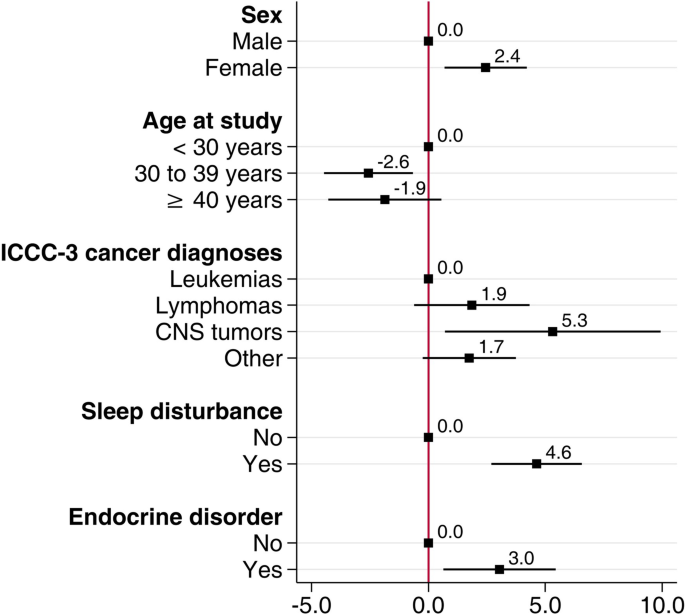
Prevalence and factors associated with cancer-related fatigue in

PDF) Fatigue trajectories during pediatric ALL therapy are

Adjusted model showing CF-associated factors in CCS. Figure shows

PDF) Chronic fatigue in childhood cancer survivors is associated
Recomendado para você
-
dnscan/subdomains-10000.txt at master · rbsec/dnscan · GitHub23 fevereiro 2025
-
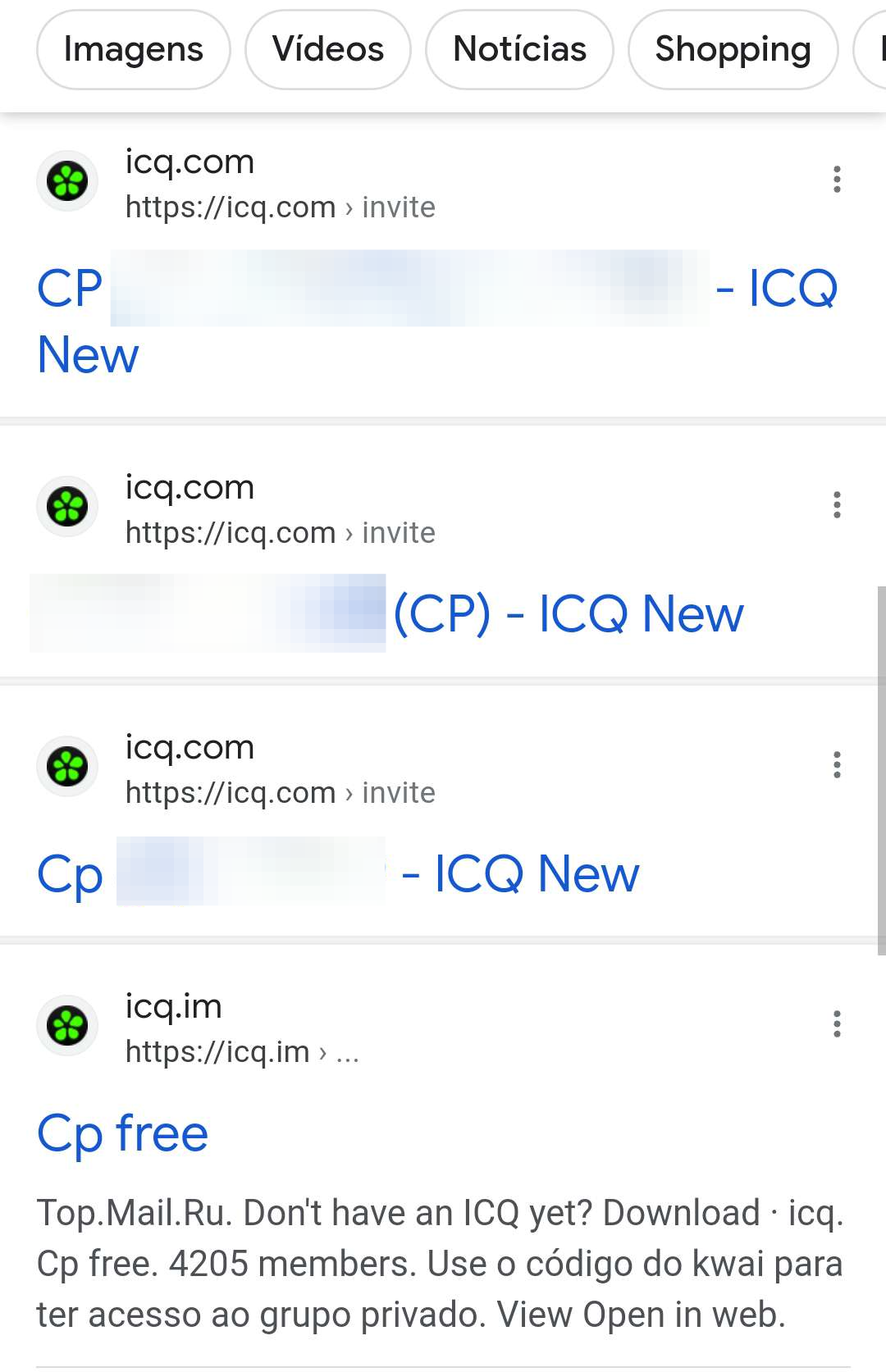 Links com abuso infantil ficam no topo de buscas de Google e Bing23 fevereiro 2025
Links com abuso infantil ficam no topo de buscas de Google e Bing23 fevereiro 2025 -
ICQ23 fevereiro 2025
-
 Denunciador on X: Ajudem a denunciar aí, essas contas tão compartilhando links para grupos / X23 fevereiro 2025
Denunciador on X: Ajudem a denunciar aí, essas contas tão compartilhando links para grupos / X23 fevereiro 2025 -
 training23 fevereiro 2025
training23 fevereiro 2025 -
 Columbus morning journal. (Columbus, Ohio), 1866-05-04 - Ohio State Journal23 fevereiro 2025
Columbus morning journal. (Columbus, Ohio), 1866-05-04 - Ohio State Journal23 fevereiro 2025 -
 The Miami times.23 fevereiro 2025
The Miami times.23 fevereiro 2025 -
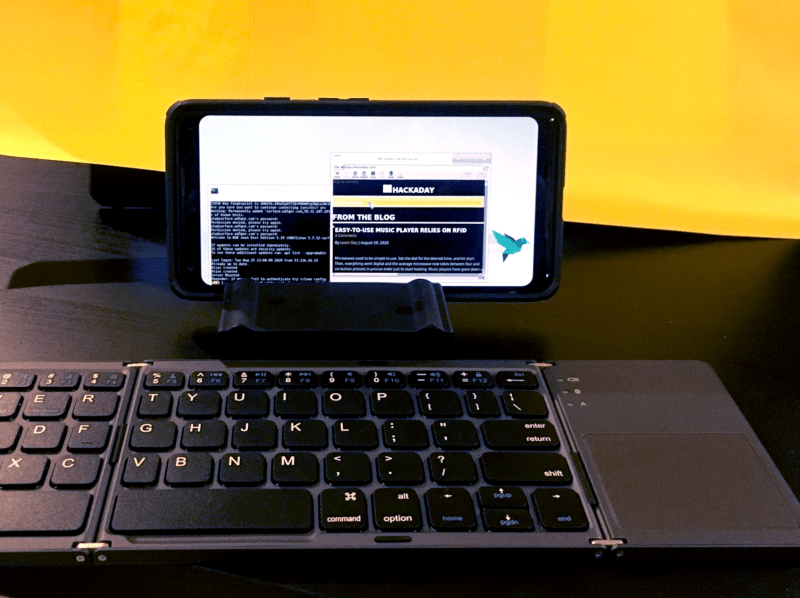 Linux Fu: The Linux Android Convergence23 fevereiro 2025
Linux Fu: The Linux Android Convergence23 fevereiro 2025 -
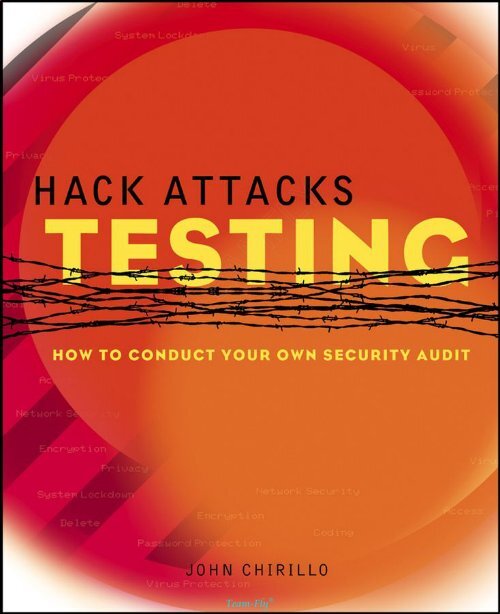 Hack Attacks Testing How to Conduct Your - Back to Home23 fevereiro 2025
Hack Attacks Testing How to Conduct Your - Back to Home23 fevereiro 2025 -
 ICQ - Download23 fevereiro 2025
ICQ - Download23 fevereiro 2025
você pode gostar
-
 Kit Digital Demon Slayer Kimetsu no Yaiba Promoçâo23 fevereiro 2025
Kit Digital Demon Slayer Kimetsu no Yaiba Promoçâo23 fevereiro 2025 -
 Street Fighter 30th Anniversary Collection - Nintendo Switch Standard Edition, Includes 12 arcade classics By by Capcom23 fevereiro 2025
Street Fighter 30th Anniversary Collection - Nintendo Switch Standard Edition, Includes 12 arcade classics By by Capcom23 fevereiro 2025 -
 Automata Ecosystem - Cellular Automata Simulation - SteamSpy - All23 fevereiro 2025
Automata Ecosystem - Cellular Automata Simulation - SteamSpy - All23 fevereiro 2025 -
 Bola de Vôlei de Praia e Quadra Tamanho Oficial Amarela e Azul23 fevereiro 2025
Bola de Vôlei de Praia e Quadra Tamanho Oficial Amarela e Azul23 fevereiro 2025 -
Montanha Russa23 fevereiro 2025
-
 Blockstream Jade Signing Device23 fevereiro 2025
Blockstream Jade Signing Device23 fevereiro 2025 -
 Mattel Hot Wheels Monster Trucks, Oversized Monster Truck, 1:2423 fevereiro 2025
Mattel Hot Wheels Monster Trucks, Oversized Monster Truck, 1:2423 fevereiro 2025 -
Os vídeos de RIP INDRA (@andrecledson2) com backrooms. - Deaven Wink23 fevereiro 2025
-
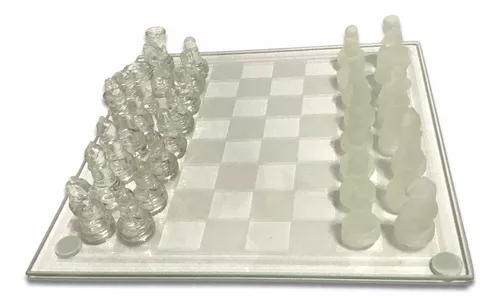 Jogo De Xadrez Tabuleiro E Peças De Vidro 20x20 Decoraçao23 fevereiro 2025
Jogo De Xadrez Tabuleiro E Peças De Vidro 20x20 Decoraçao23 fevereiro 2025 -
 Rurouni Kenshin: Meiji Kenkaku Romantan (2023) Dublado - Episódio23 fevereiro 2025
Rurouni Kenshin: Meiji Kenkaku Romantan (2023) Dublado - Episódio23 fevereiro 2025


